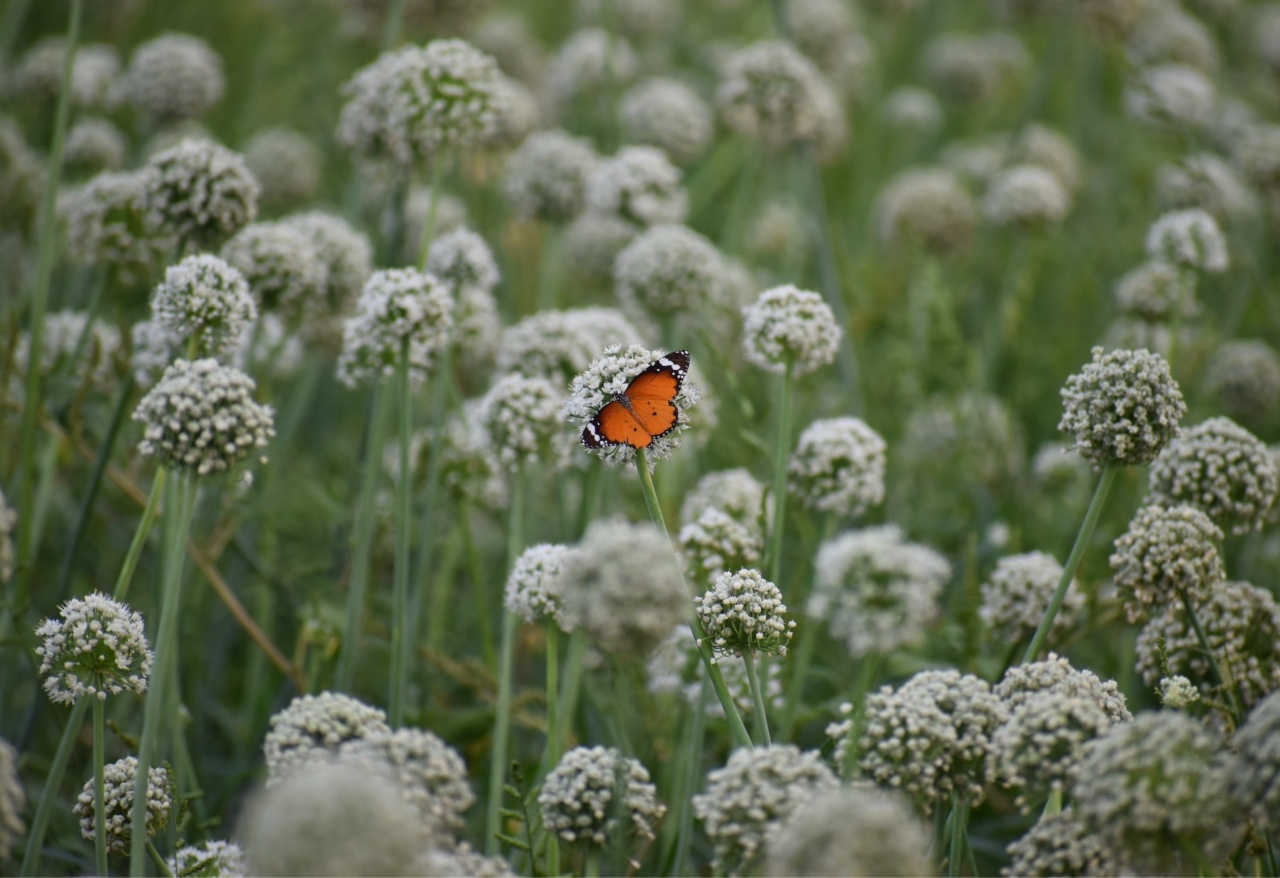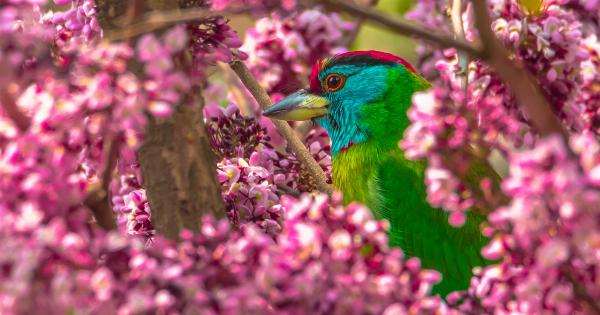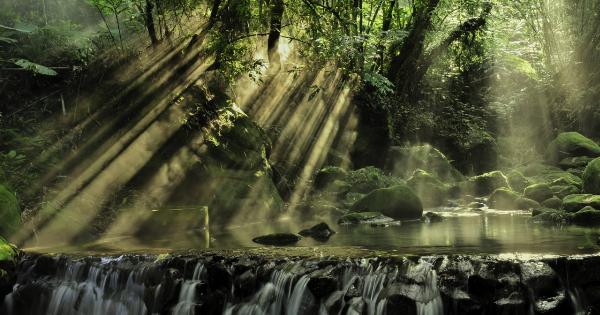World Wildlife Day is an annual global event held on March 3, to celebrate and raise awareness about the importance of natural species and biodiversity conservation.
This day was proclaimed by the United Nations General Assembly in 2013, to celebrate and raise awareness about not only the importance but also the need to conserve biodiversity and natural resources. The aim is to not only celebrate but also educate people about various flora and fauna, and the importance of animal welfare and environmental protection.
History and Significance of Wildlife Day
The world’s wildlife and plants, as well as ecosystems that host them, are all important and have a significant role in maintaining the ecological balance.
This is why in 2013, the General Assembly of the United Nations officially proclaimed March 3 as World Wildlife Day. The aim of this day is to raise awareness about the importance of wild animals and plants worldwide, and to promote conservation and protection of biodiversity.
The resolution also designates the CITES Secretariat as the facilitator for the observance of the day.
This day is significant as it acknowledges and raises awareness of the challenges faced by various species worldwide due to human-induced environmental destruction and other threats.
The day is a reminder that conservation of nature needs to be intensified, and that humans should take responsibility for protecting the wildlife and their natural habitats.
What Can You Do?: Celebrating Wildlife Day
There are several ways in which you can celebrate and participate in Wildlife Day. Here’s what you can do to contribute to this day:.
1. Participate in online campaigns and connect with various organisations
Various organisations and groups host online campaigns to raise awareness about the importance of Wildlife Day, and to promote conservation activities.
You can participate in these events and share your message on social media to create more awareness about the cause.
2. Educate others about the importance of wildlife conservation
You can use your platform to spread the message and raise awareness about the importance of wildlife conservation.
Sharing informative articles and engaging in conservation programmes can help influence the opinion of those around you and spread the message further.
3. Visit national parks and sanctuaries in your area
Visiting natural reserves and sanctuaries can help you experience the biodiversity firsthand and gain a deeper appreciation of the importance of wildlife.
You can also volunteer with local conservation groups such as The Wildlife Trust of India, or organizations that regularly host environmental conservation programmes at national parks to learn more about wildlife and nature conservation.
4. Donate to conservation groups and wildlife funds
If you cannot participate in events or visit natural reserves and sanctuaries, you can still take part in the celebration of wildlife day by donating to conservation organisations.
You can donate to the World Wildlife Fund, Wildlife Trust, Wildlife SOS or the International Union for Conservation of Nature (IUCN) to help towards conservation efforts.
Why We Need To Celebrate and Educate About Wildlife Day
The aim of World Wildlife Day is to highlight the importance of wildlife conservation and to promote the efforts done to save the environment, natural resources, and ecosystems. Here’s why we need to celebrate and educate more about this day:.
1. To raise awareness
The primary purpose of the celebration of wildlife day is to create more awareness about the importance of preserving nature and its resources.
The event can encourage individuals to take individual steps towards environmental protection and to save the nature for the future generation.
2. To encourage participation
Conservation can only be achieved through participation.
Through the celebration of the World Wildlife Day, we can encourage more individuals and organisations to participate in the conservation efforts and drive attention towards the need to protect natural resources.
3. To highlight the current issues
By celebrating Wildlife Day, we remind the world that there are current issues facing the environment that need urgent attention. Highlighting these problems also helps to drive funding and policy changes in environmental solutions.
4. To support the conservation of endangered species
Many species face the risk of extinction, and the celebration of Wildlife Day can help fundraise towards conservation efforts that preserve endangered species.
Through awareness, more individuals and organisations can step forward and make an effort to save the endangered species.
Taking Individual Action for the Environment
On a global basis, we are facing critical environmental issues, including destruction of ecosystems, climate change, and loss of biodiversity. While global policies and actions are essential, individual action is also vital in saving the environment.
Here are some straightforward steps everyone can take in their daily lives to support the environment.
1. Reduce your carbon footprint
You can reduce your carbon footprint by lowering your overall electricity usage, driving less, and eating more sustainable food products.
Using mass transportation like buses and trains instead of driving can reduce carbon pollution and help to conserve the environment.
2. Use less plastic
Plastic is one of the significant pollutants of land and water bodies. Using reusable bags and containers helps to reduce the number of plastic bags and bottles that end up in the environment.
When going grocery shopping, choose plastic-free packaging or opt to bring your containers and bags.
3. Plant trees
Trees are the lungs of the earth. The more trees we plant, the healthier the environment becomes. You can create a positive impact on the environment by planting more trees in your community or volunteering for a tree-planting drive.
4. Support conservation organisations
Supporting conservation organisations can help in conservation efforts to preserve ecosystems and endangered species. Directly helping organisations financially or by volunteering will have a positive impact on wildlife resources.
The Future of Wildlife
Conservation of wildlife is a global issue, and it is everyone’s responsibility to protect natural resources and the environment.
Most importantly, we must encourage a shift to more sustainable individual behaviours, which will have a long-term impact on the conservation of biodiversity.
We need to continue to educate ourselves and society on the significance of conservation, act on conservation efforts, raise awareness, and celebrate the importance of preserving nature in order to maintain the continuous beauty of wildlife around us.





























